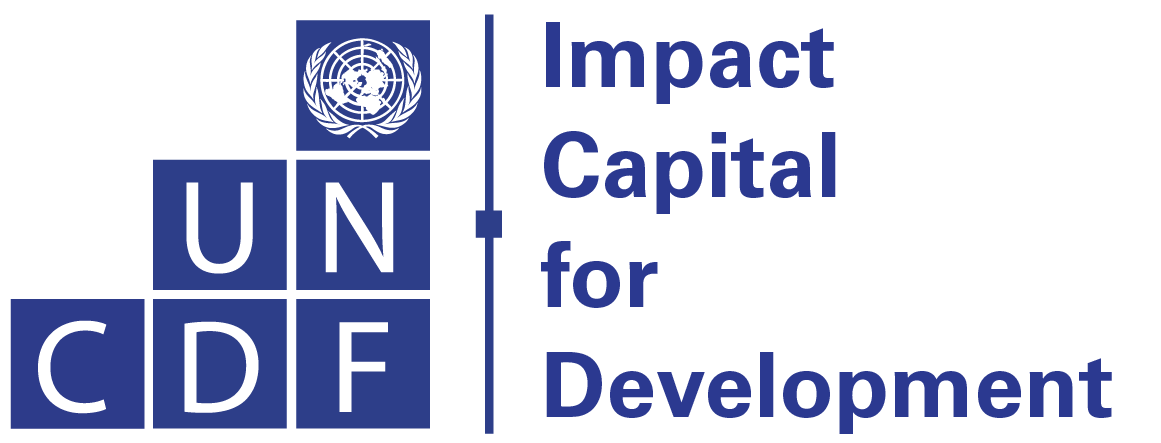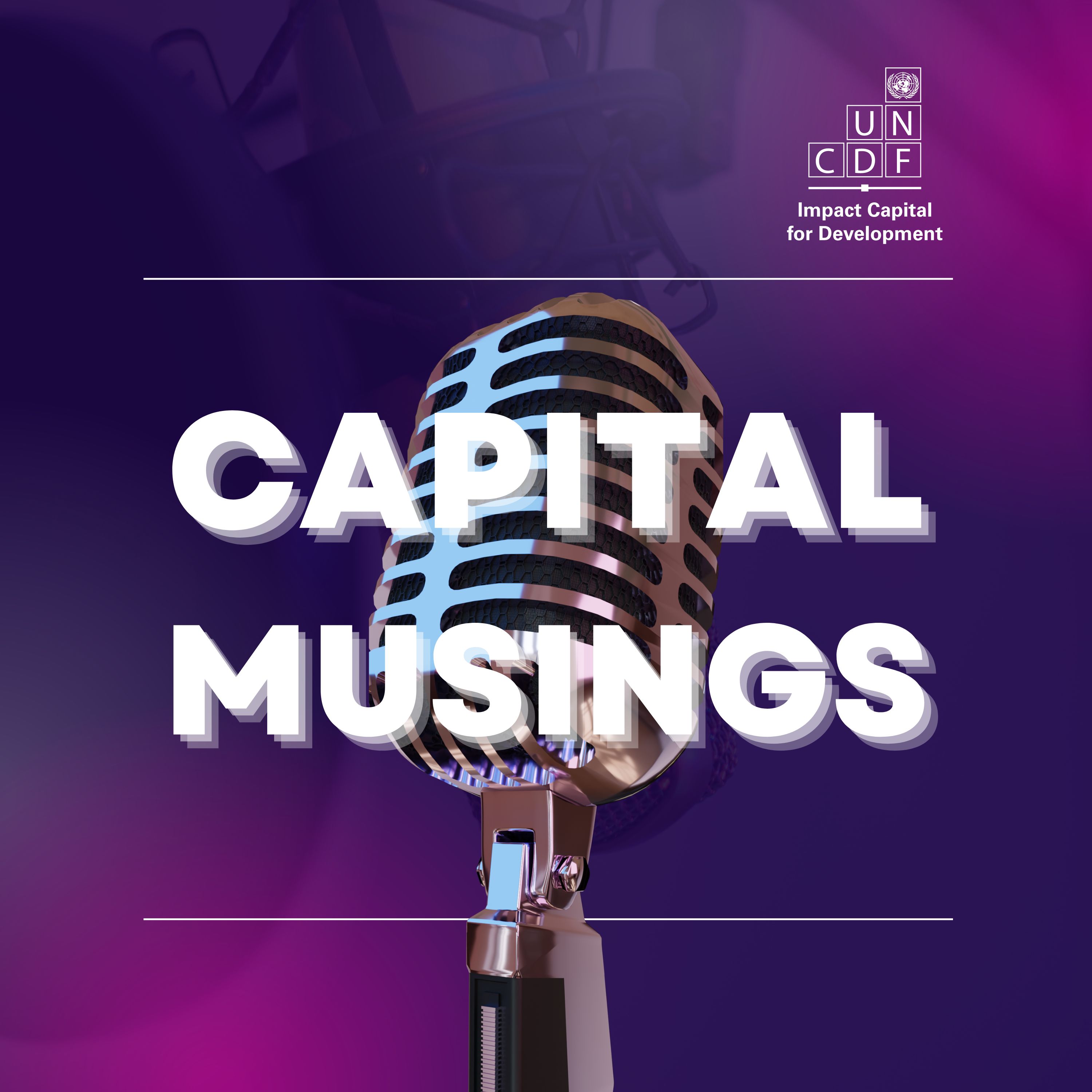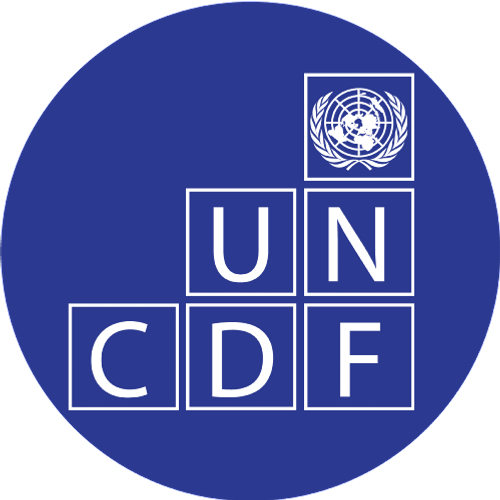Episode 5
Women and Girls on the Climate Change Frontline: Cultivating Climate Solutions Mindset
Women and Girls on the Climate Change Frontline: Navigating Climate Change, a podcast series that shines a light on the women and girls leading the fight against climate change in the least developed countries.
In the previous episodes, we journeyed to The Gambia, meeting women with grand solutions for climate crisis adaptation, and emphasized the importance of women's leadership. Today, one critical issue is in focus: Education. United Nations studies reveal that despite being in the 21st century, the world is still far from achieving universal education. Limitations are especially pronounced for girls and quality is a significant issue, a 'learning crisis' as termed by the World Bank.
We explore whether more formally educated women will result in more women leaders. However, our spotlight veers towards non-formal education, as guided by our interviewees, diverging via two primary channels: the arts and media.
Our Guests in this episode:
Shelot Masithi. She is a 24-year old environmental activist from South Africa. She is the founder of She 4 Earth, a climate school educating children and youths of African descent about climate change, shifting from carbon-centric climate change to include water scarcity, climate migration/displacements, food insecurity, and the psychology encompassing these global problems. Redesigning education to equip the younger generation for a Net Zero Future. Her work is centered on Ubuntu. She's a volunteer at Force of Nature, Climate Psychology Alliance, and Friends of the Haenertsburg Grasslands. Shelot is also an entrepreneur. An author. She loves hiking.
https://www.linkedin.com/in/shelot-masithi
Rahma Diaa. A freelance journalist and trainer & Founder of Climate school initiative. Rahma is particularly interested in covering climate crises and sustainability. she graduated from the Faculty of mass communication, journalism department at Cairo University in 2012, and got a diploma in Media Translation from (AUC) in 2018. she has been a journalist since 2009, and has worked for Dostor, Tahrir, and Aswat Masriya- Reuters. she currently collaborates with Arab and foreign media, including Scientific American magazine, VICE, Raseef 22, and ARIJ. she received ten awards, most recently of them, "Emerging journalist" award from covering climate now, 2021& Cairo climate talks award in 2023.
https://www.linkedin.com/in/rahma-diaa-00777a137/
A show of this quality would not be possible without the incredible talent of Sarah Harris-Simpson, as well as the extraordinary and persistent support of Sorina Crisan and Eda Isik.
Leave a Review
Thanks for listening! If you found the episode useful, please spread the word about this new show on Twitter mentioning #CapitalMusings, or leave us a review on iTunes.
Reviews are hugely important because they help new people discover our podcast. If you enjoyed listening to this episode, please leave a review on iTunes. Here’s how:
👉 Launch Apple's Podcast app.
👉 Tap the Search tab.
👉 Enter the name, Capital Musings
👉 Tap the blue Search key at the bottom right.
👉 Tap the album art for the Capital Musings podcast.
👉 Tap the Reviews tab.
👉 Tap Write a Review at the bottom.
👉 Enter your iTunes password to log in.
👉 Tap the Stars to leave a rating ⭐⭐⭐⭐⭐
👉 Enter title text/content to leave a review.
👉 Type in a Nickname
👉 Tap Send
About
Capital Musings is a production of the Partnerships, Policy and Communications unit of the United Nations Capital Development Fund.


